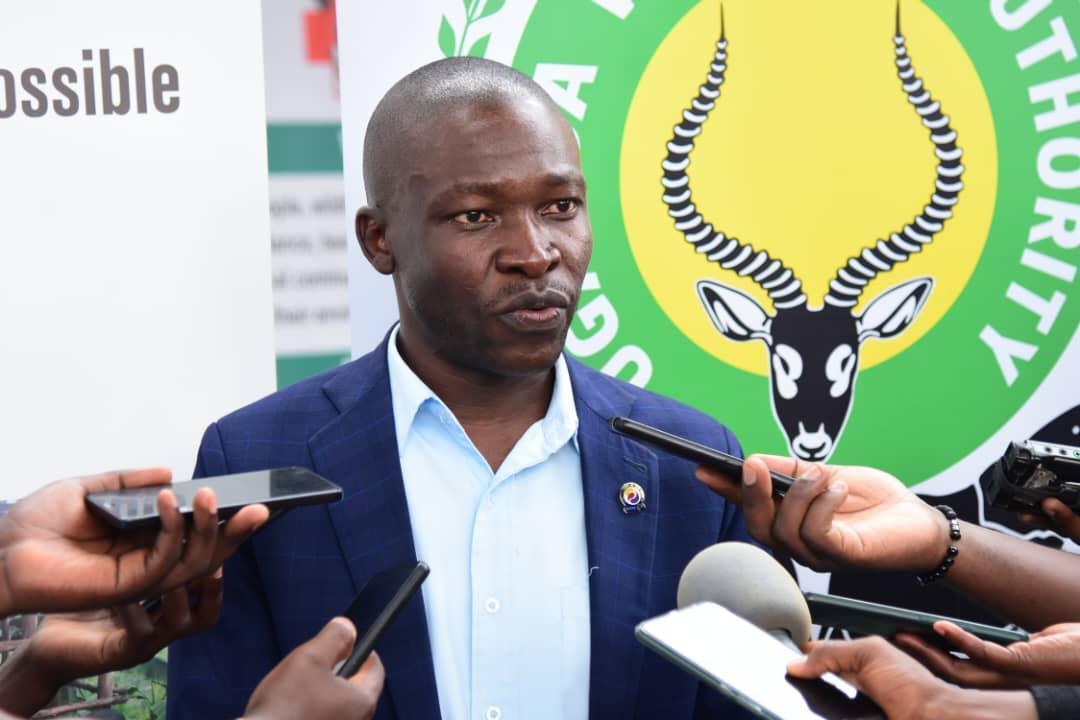Africa-Press – Uganda. The World Wide Fund for Nature has called for localization of biodiversity conservation to address issues of climate change and biodiversity loss.
According to WWF’s flagship publication, The Living Planet Report, there has been a 73% decline in wildlife populations
since 1970.
“We therefore call upon each one of us to take urgent collective action to address the dual crises of
climate change and biodiversity loss, as we approach the tipping point,” WWF said.
The organisation also called upon all stakeholders to integrate indigenous knowledge, grassroots advocacy, and policy support to ensure long-term conservation success.
“We urge every individual, institution, and policy maker to join hands and protect and restore nature through the implementation of conservation strategies to safeguard ecosystems and restore degraded habitats.”
WWF Uganda invited members of the public to participate in Forest Landscape Restoration (FLR) initiatives across various areas—particularly in the Bugoma-Kagombe Landscape, where we are working with the National Forestry Authority (NFA) and other local partners to restore the degraded Kagombe Central Forest Reserve (CFR) and other associated landscapes.
The Organisation also asked for appreciation of the linkage between climate change and biodiversity loss.
According to WFF, there is need to address these challenges jointly by reducing greenhouse gas emissions and evaluating current biodiversity trends in line with the Kunming- Montreal Biodiversity Framework.
WWF Uganda said it is undertaking a baseline biodiversity inventory and assessment in the Bugoma-Kagombe Landscape, along with an above-ground biomass assessment in partnership with NFA.
This vital exercise, according to WWF Uganda will generate insights into the carbon potential of the forests in the landscape and help identify existing biodiversity for more effective conservation efforts.
“Understanding what biodiversity exists in our landscapes is a critical first step toward protecting it. Through this inventory, we are generating scientific evidence to guide targeted conservation actions and ensure that Uganda’s natural heritage continues to benefit people, wildlife, and the planet,” said Phillip Kihumuro, Project Manager, WWF Uganda.
WWF said many of these milestones are made possible through robust partnerships.
For More News And Analysis About Uganda Follow Africa-Press






